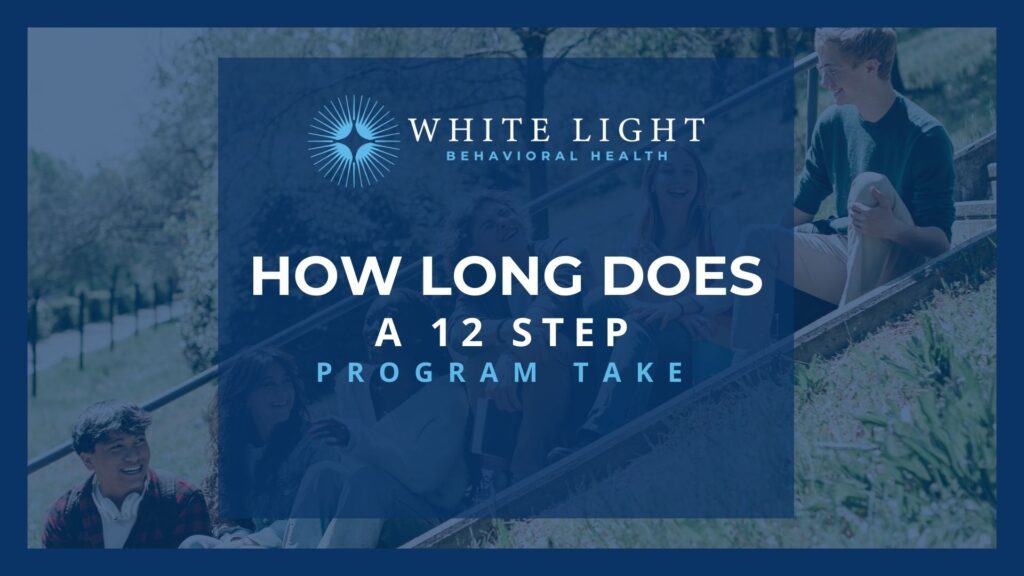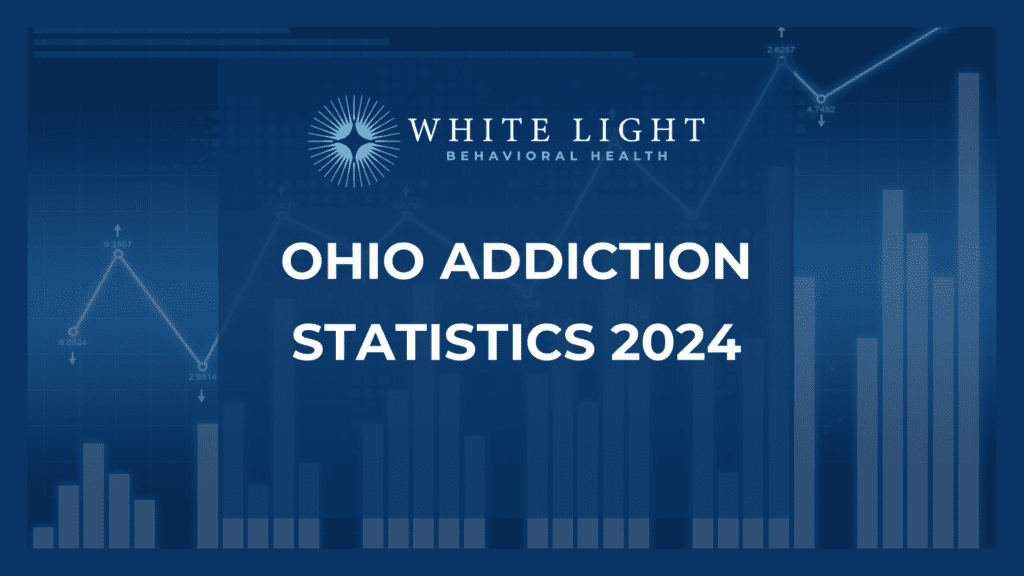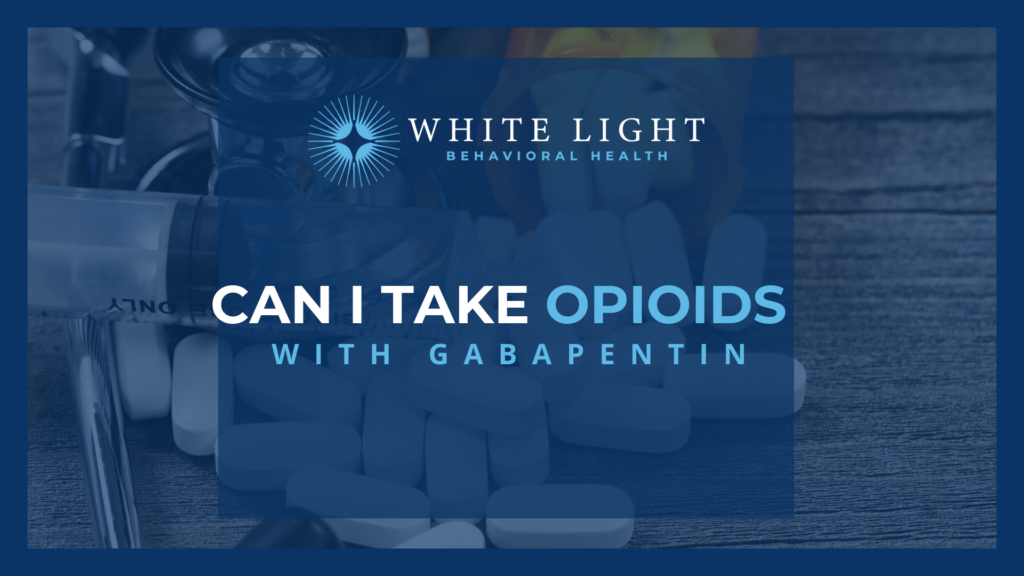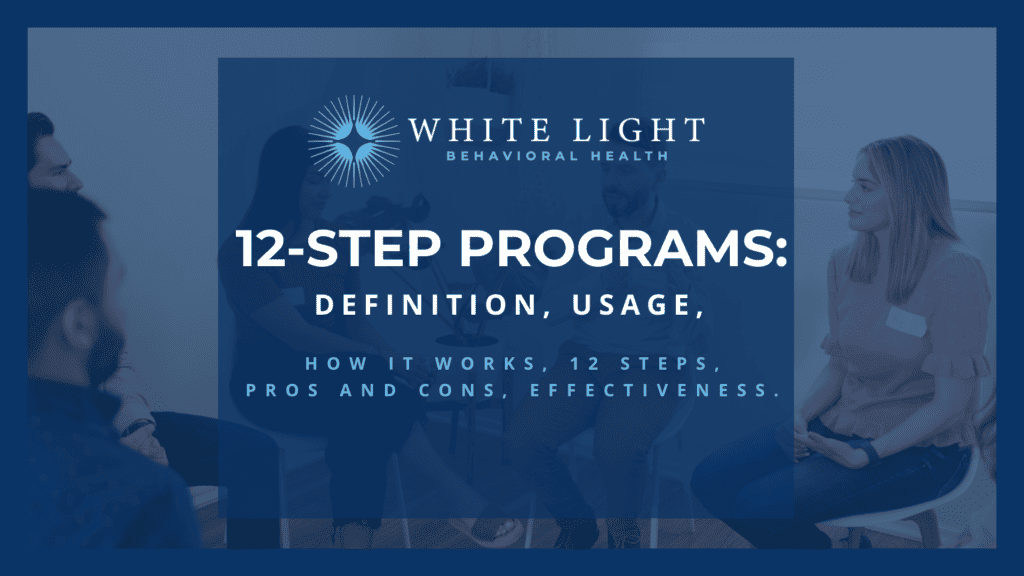The Time Frame of a 12-Step Program
Several factors play a role in how long it takes to complete a 12-step program if you are suffering from substance use disorder (SUD). Not every person or situation is the same, and in mild cases, it can take up to 90 days. For severe cases, it can take up to a year or more if relapses or life circumstances are an issue as per a survey of Sober Recovery.
There is no set time. The process is not there to rush individuals but rather to let them work at their own pace. Rushing the process can worsen the situation and the outcome. If the person is comfortable and feels at ease with no time limits, the result will be productive and successful in most cases.
Overview of the 12 Steps and Their Purpose
The 12-step program is available to those who are suffering from SUD, some mental health conditions, and other behavioral addictions. According to a study by Alyssa Peckham published in Medical News Today, It is a program designed with a support group and professionals who meet with a group of people at scheduled times and at designated locations to talk about life’s journey through each step.
The ultimate goal is to achieve abstinence from addictions to behavioral problems or SUD. These are the highlighted points of the 12-step program:
- Admitting you have a problem that needs others’ attention and help
- Believing in a higher power to restore your life
- Deciding to hand over your will to the higher power as you understand it
- Taking a complete inventory of yourself
- Admitting — to yourself, the higher power, and to others — your wrongdoings
- Preparing for the higher power to remove the defects
- Asking the higher power to remove the shortcomings
- Listing everyone you have hurt, and being ready to make amends
- Taking action to make those amends unless it hurts the person more deeply
- Continuing to take personal inventory and immediately correcting all future wrongdoings
- Praying and meditating with the higher power for strength and wisdom to carry out its will
- Paying forward everything you learned and helping others who struggle in the same manner as you did
Individual Variability in Progression Through the Program
Understanding that every individual going through the 12-step journey is unique in their circumstances is essential. Special care for each individual may take longer than others.
An example would be a person who could complete the 12-step program within one to three months with a mild case of symptoms and sources of the cause. Those with traumatic experiences from their past or present events that cause PTSD could take from six months to a year, if not longer.
Factors Influencing the Duration of the 12-Step Journey
Some people finish the 12-step program fast, usually if their situation isn’t too severe. In rare cases, all 12 steps are done within the first month, like mentioned in New Start in 2017. It’s all about staying positive and having the right attitude. For most people, it takes about 90 days on average to complete the program.
There is nothing wrong with taking longer than 90 days. Some have many kinks to work out, especially about making amends. Those have a longer list and have hurt others more deeply. It takes time to heal wounds, especially those that are fresh.
Relapsing is another factor to consider. It is critical to remember that every day is a battle with temptation. These situations cause clients to start over in the 12 steps or start from where they fell off and review the previous steps.
Typical Time Frames for Each Step
Once again, there are no time limits in the entire process. Each step can start and finish quickly, while others will take a longer time to accomplish them when it comes to the steps involving others.
Usually, when clients enter rehab, the first step is already completed, where they admit they need help and cannot do it alone. However, there is something special about admitting it in front of a support group, to yourself, and a higher power.
People who are ready to work together usually finish the first three steps in two to three weeks. The fourth step, which involves self-reflection, might take a bit longer. For most, it’s done in a couple of weeks, but for others, it could take a few months, depending on their challenges, according to a study from the American Addiction Centers updated in 2024.
Steps five through seven can take up to three weeks, depending on the attitude and cooperation of clients. It also depends on if they have any issues with their higher power. Some who are upset with their higher power may find these steps more complex and take longer, possibly months. Sometimes it calls for a leap of faith to get results.
Steps eight and nine probably take the longest because they deal with other people and make amends. There is no telling how long these steps take because every situation depends on how many people the client needs to reconcile with and how bad the damage is. On average, it can take a few months.
The remaining steps are the rest of your life if you have to count how long they last. They are the ones that you will follow daily and that will help you the most in your journey of sobriety.
Challenges and Roadblocks to Timely Completion
To say this journey is easy is false. Many challenges and roadblocks appear along the way. One of the most challenging is relapsing. Life can throw hard times at people, and temptations are hardest when their guard is down or when they are stressed. Sometimes, it seems easy to overcome. Other times, people may simply give in to temptation along the journey.
Sponsors are given to each individual. However, it is up to the individual to reach out when the person hits a roadblock and is weak. Everyone goes through this, and getting back up immediately after falling is critical. The sponsor and support team can regroup with the individual and help them get back on track.
Sometimes, clients have to start only from where they left off, while others have to jump back into previous steps or from where they were initially. It depends on how bad their situation is. Some relapse often, while others only a few times. Then, there are the miracle cases when the individual can go through the process without significant issues.
Other challenges could be a lack of support from family or friends. Clients must be willing to change their company — and even toxic family members — if they want to continue a life of sobriety and freedom. There must be a sense of full support and removal of all temptations, especially during the 12-step program when clients may be vulnerable.
The Role of Personal Commitment and Engagement
From the starting point to the finish line of the twelfth step, clients have the free will to comply. Whatever they participate in, they will get back all they put into the program. The focus and commitment to the program are critical for a positive outcome. Their engagement will set forth the foundation of how the rest of their life will be and give them the tools they need to maintain their sobriety.
Opening up can be challenging at times, but it is not a requirement to do so in front of a group. However, the only way to gain ground on any addiction is to bring it to the light. This means admitting to and speaking about the possible sources of the cause of the addictions. It can be painful, but the freedom is rewarding, and the honesty builds lifelong friendships with those within the group.
Support Systems: How They Affect the Process
Support systems are the staff who run the 12-step program. Counselors are available to operate the program and ensure the clients get the most out of each step. Sponsors are there to help individual clients through tough times. They should be available 24/7 to talk to clients through any temptations. However, clients must be willing to reach out. Sponsors will sometimes reach out, but they are not mind readers nor do they know when clients are struggling.
Along with the sponsors, the support group is full of those in the same boat. It never fails; they all became lifelong friends, and some reported finding their future spouses in these meetings. Many miracles happen in these meetings; since they are all going through the same issues, they become family by talking.
Common Misconceptions About the 12-Step Program Duration
One of the most significant misconceptions about the 12-step program is that you can put a time limit on the process. This release rebukes that misconception as it has no time limits. All those going through the 12-step program will have different outcomes and will take as long as they need to complete each step appropriately.
Some may feel the program is religious and will not want to participate. Yes, there is a higher power in the 12 steps, but it does not mention God or religion.
Others may have a misconception of the word powerlessness. They feel it removes the responsibility from the client. This is not true. Clients are responsible, but the 12 steps restore control to the person, making them fully accountable for their daily actions and accountability.
Another misconception is some people think the 12-step program is a cult or has too many rules to follow. A support group and a cult are two different things. The 12-step program is far from a cult and is there for support. Regarding the rules, there are 12 steps, and each step lifts a person higher each day. These steps have positives, and acknowledging each brings beneficial outcomes, not control from a group.
What to Expect When Beginning the Program
The beginning is an introduction to the program. You can meet everyone and get to know them. You do not have to talk during the first session. Many sit and listen until they feel comfortable enough to talk.
Hazelden Betty Ford Foundation published a study in 2019 and stated that, Once you feel comfortable, you can open up to the first step, which is admitting that there is a problem. Many do this in the form of introducing themselves. Some do not realize in their introduction that they admit and complete the first step by opening up to the group.
Everything is pretty easygoing with the support group once you open up. The rest of the 12 steps become natural as you progress. Some steps are complex, but everyone who has the will can get through them.
Life After the 12-Step Program
Once you complete the 12 steps, you will realize that the program will continue for the rest of your life with the last three steps. If you relapse, you can always go back and start over. The support group is always there; you will have your sponsor for life. The support group and the 12 steps give you the tools and knowledge to live a happy and sober life.
WLBH: White Light Behavioral Health Can Help You
One of the services and treatment programs is the 12-step program at White Light Behavioral Health. Treatments begin with detox and evaluations. After completing the detox phase, they can begin the 12-step program. During this process, we walk clients through each step and help them on the path to sobriety. We give them the tools, and they make their way through commitment and focus. If you have a substance use disorder, contact White Light Behavioral Health for help.
What is the average duration of a 12-step program?
The duration of a 12-step program can vary widely depending on individual factors such as the severity of addiction, commitment to the program, and personal progress. On average, individuals may spend anywhere from a few months to several years actively participating in a 12-step program.
What role does ongoing support play after completing a 12-step program?
Aftercare support is essential for maintaining sobriety after completing a 12-step program. Many individuals continue to participate in meetings, stay connected with their sponsors, and engage in ongoing therapy or counseling to help prevent relapse and navigate challenges in recovery. Building a strong support network is crucial for long-term success in sobriety.
Can a 12-step program be completed faster with more intensive involvement?
While there is no set timeframe for completing a 12-step program, individuals who actively engage in meetings, work closely with a sponsor, and diligently follow the steps may progress more quickly through the program. Intensive involvement can expedite the recovery process, but it’s essential to prioritize long-term sobriety over speed.
Are there alternative methods to completing a 12-step program?
Yes, there are alternative recovery programs and approaches available for individuals who may not resonate with the 12-step model. These alternatives may include SMART Recovery, cognitive-behavioral therapy (CBT), motivational interviewing, and holistic treatment approaches. It’s essential to explore various options to find the approach that best suits your needs and preferences.
How old is Alcoholics Anonymous?
AA was founded in 1935 by Bill Wilson and Dr. Bob Smith in Akron, Ohio. The organization has since grown into a global fellowship with millions of members worldwide.
Is it common for individuals to relapse during a 12-step program?
Relapse is a common aspect of addiction recovery, and many individuals experience setbacks along the journey to sobriety. While relapse can be discouraging, it’s essential to view it as a learning opportunity and an opportunity to reassess and strengthen one’s commitment to recovery. Support from peers, sponsors, and professional counselors can be invaluable during times of relapse.
How does the length of addiction affect the duration of a 12-step program?
The length and severity of addiction can influence the duration of a 12-step program. Individuals who have struggled with addiction for an extended period or have experienced multiple relapses may require more time to work through the steps and address underlying issues. However, regardless of the length of addiction, commitment to the recovery process and willingness to change are critical factors in achieving long-term sobriety.
Where can I locate a meeting for Alcoholics Anonymous in Ohio?
If you’re looking to attend an Alcoholics Anonymous meeting in Ohio, there are several resources available to help you find meetings in your area. You can visit the official AA website and use their meeting finder tool, reach out to local AA intergroup or central offices, or ask for recommendations from healthcare professionals or other individuals in recovery.

Share This Post



